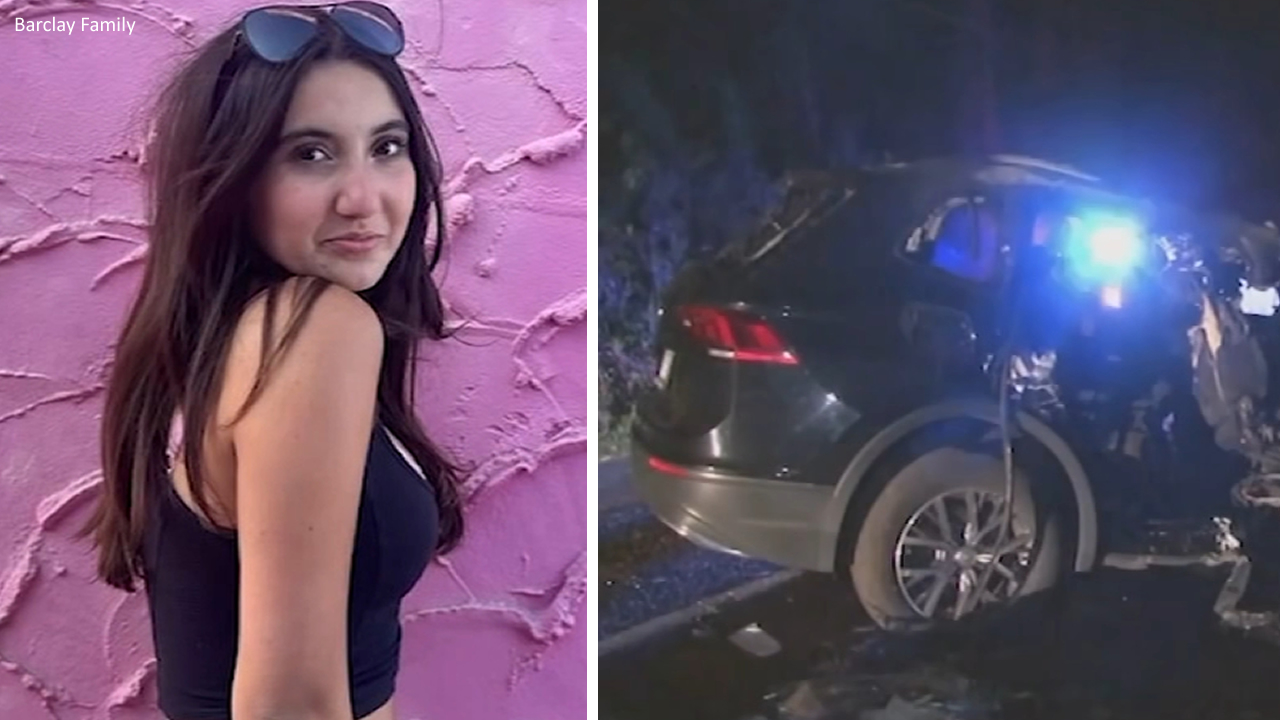Was justice reached in Derek Chauvin verdict? Here's why some say 'not yet'

SAN FRANCISCO (KGO) -- A day after a jury returned three guilty verdicts in the murder case of former Minneapolis police officer Derrick Chauvin, the country is beginning to process what the bellwether case means for policing in our country.
The conviction is seen as an important step towards accountability, but is it justice?
"Accountability does not = justice," Bernice A. King, daughter of late civil rights leader MLK, tweeted after the jury reached a verdict Tuesday.
A wave similar sentiments were shared across social media by Black people and allies in the fight against the systems that allow these police killings to continue to happen.
But it's already happened again. Another fatal shooting by police caught on camera, showing just how much work still needs to be done.
"There is a war that is waged on Black life every single day in this country and somewhere today in the United States of America the cops killed somebody else, we just don't know their name," said Cat Brooks, executive director of the Justice Teams Network.
VIDEO: California eyeing police reform following Derek Chauvin trial

She made the comment to ABC7 News Race and Culture Reporter Julian Glover in an interview just moments after the verdict was read in Minneapolis.
Brooks was right: the name this time is Ma'Kiah Bryant.
The 16-year-old was killed by an officer in Columbus, Ohio as the jury in the Chauvin case ended deliberations.
A hashtag of her name appearing on Twitter just as the world processed the news coming out of Minneapolis.
Police said the Black teen, who called police herself, threatened two girls with a knife before the officer fatally shot her.
RELATED: Columbus police shoot, kill 16-year-old Ma'Khia Bryant
The shooting was caught on police-worn body camera and bystander cellphone video.
By nightfall, protests broke out in Columbus.
Then, the sinking feeling for so many Black people, "here we go again."
"Any small amount of progress made is immediately taken away," said Danielle Fuentes Morgan, PhD, assistant professor in the English department at Santa Clara University.
Fuentes Morgan recently published the book "Laughing to Keep from Dying," dealing with the traumas of living while Black and how satire is used to enlighten, illuminate and survive.
VIDEO: Bay Area native pushes for East Bay parks to observe Juneteenth

"There's never enough evidence to prove that you are innocent. There's never enough evidence to even prove that you merit survival," said Fuentes Morgan. "And so the trauma feels personal in a lot of ways."
The New York Times reports at least 64 people were killed by police in the U.S. since the Chauvin trial started three weeks ago on March 29, more than half of those killed are Black and Latino. It amounts to police killing at least three people a day, on average.
There was Daunte Wright in Brooklyn Center outside of Minneapolis, Adam Toledo in Chicago, now Ma'Kiah Bryant.
The latter two high-profile victims were just kids, 13-years-old and 16-years-old.
"Children are very observant. They are feeling what we're feeling, they can see it," said Thomishia Booker, LCSW, EdDCP, a licensed child therapist.
RELATED: Danville officer charged with voluntary manslaughter for shooting, killing unarmed man in 2018
Booker is also a self-published author behind the book "Brown Boy Joy." Her line of books feature Black protagonists in a positive light and are filled with affirmations.
She offers this advice for spotting if your child is having a difficult time processing the onslaught of police killings.
It may be an "inability to pay attention, anxiety, concern, and worry about their safety. What that might look like in your child, depending on their age, is maybe they're withdrawn. They may have a heightened sense of wanting to stay inside. You might see that their want and desire to stay close to you is increasing," said Booker.
She suggested parents should not be afraid of having difficult conversations about race or policing with their children.
If the child is younger, provide them with age-appropriate language to discuss these incidents. If they are older, provide context.
Bottom line: don't avoid talking to them about it. Allow space for them to process those feelings.
Advice for us all as we reflect on what justice looks like.











